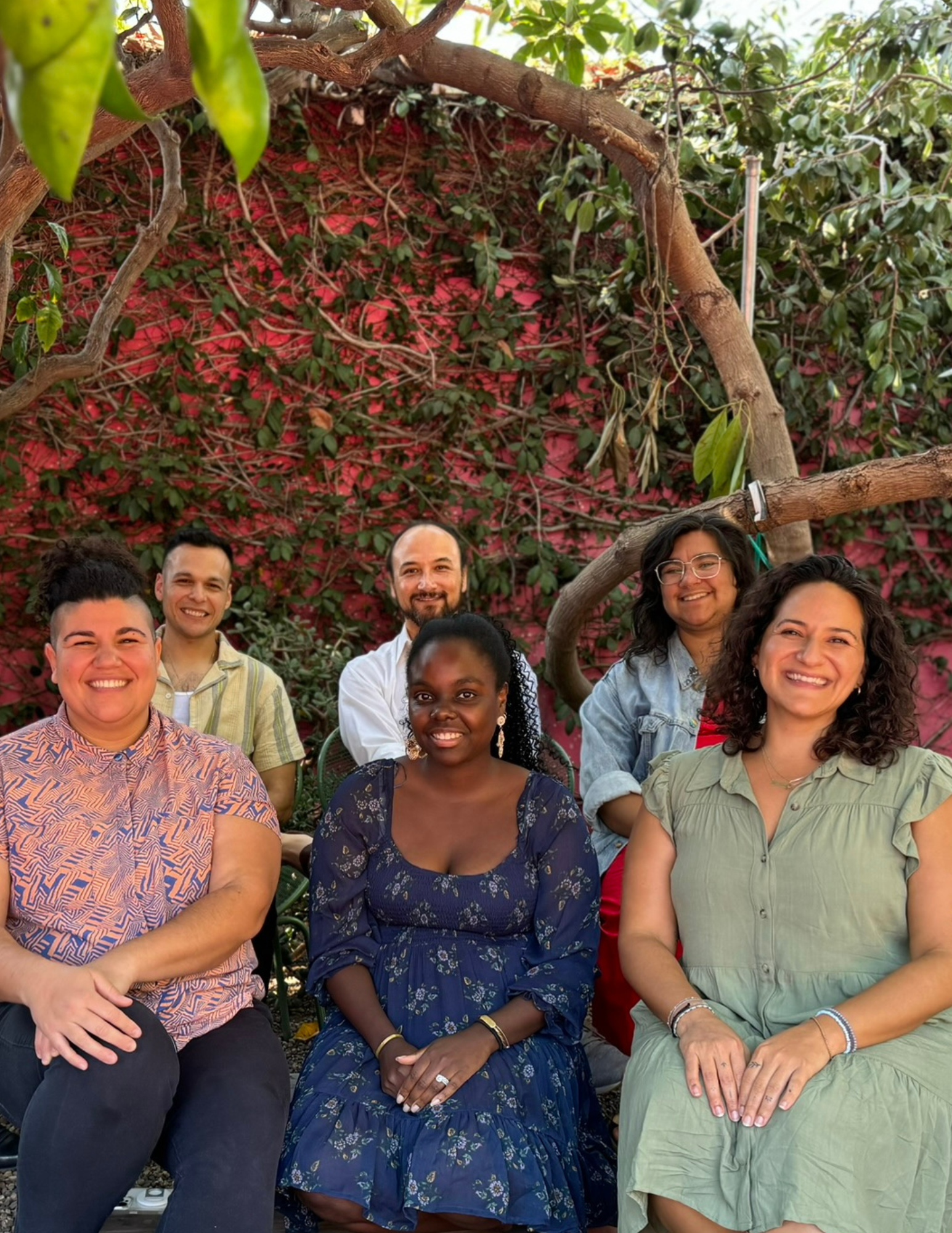Clip
by Sheikha Ibtisam Mahameed and Rabba Tamar Elad-Appelbaum
This invocation, written by two mothers, one Muslim and one Jewish, invites us to take their plea for peace into our hearts and into the world. It has been shared widely by Rabbi Amichai Lau-Lavie and the Lab/Shul community.
Let us Light Candles for Peace
Two mothers, one plea:
Now, more than ever, during these days of so much crying,on the day that is sacred to both our religions, Friday, Sabbath Eve
Let us light a candle in every home – for peace:
A candle to illuminate our future, face to face,
A candle across borders, beyond fear.
From our family homes and houses of worship
Let us light each other up,
Let these candles be a lighthouse to our spirit
Until we all arrive at the sanctuary of peace.
Clip
New Year of the Animals
According to the Talmud—the ancient body of Jewish law—the 1st of Elul was the date upon which farm and other domesticated animals were counted a year older for tax purposes. This date was thus known as the New Year of the Animals. While this tradition is long gone, on this day we have the opportunity to honor our beloved animal companions, as well as to be mindful of our own interrelationship to, and impact upon, animal species worldwide.
One simple way to celebrate the New Year of the Animals is to give gratitude for the animals in many of our lives, our pets.
Blessing for Pets
We give thanks for your animal sensibility
And for the joy you have brought us
Since becoming part of our lives
Whether you are the fruit of the cat tree
Or a beloved companion on long walks
Or yet another kind of creature entirely
Your presence is a blessing
Your every vocalization and need
A reminder of our interconnectedness
Our lives and animal natures coexisting in harmony
Clip
Rosh haShanah la-Behemah (the Jewish New Year’s Day for Animals) falls on the first day of Elul. It's a time when we begin an accounting for all the souls with whom we're in relationship. Usually, we think about our relationships with other people, but much of our lives and our happiness is tied to animals. Bees polinating flowers and trees, fruit and vegetables. Pets who bring us joy. Domesticated animals who nourish us.
This ceremony is adapted from the Isabella Freedman Retreat Center, Elat Chayyim and the Adamah Jewish Farming Fellowship. The ceremony was co-developed by Rabbi Jill Hammer and Sarah Chandler, with the kavvanah added by Aharon Varady.
Before we ask the blessed Holy One, our Shepherd, to take responsibility with care and compassion for their flock, we must show that we are taking care and responsibility for the flock that depends on us.
For Elohim gave us dominion, the power to domesticate other creatures to cultivate and preserve the Garden of Eden with them.
We are liable for their care and we are liable for our impact together on the Adamah, which Elohim loves.
May the One who is the breath of life guide us to protect the earth and make room in it for other creatures to thrive.
We are grateful for all the good we receive from domesticated animals.
- Some of us eat them,
- some wear their skins,
- some eat eggs and cheese,
- some use medicines and even organs that come from animals,
- some wear wool and silk,
- some write on Torah scrolls, wear tefillin, and blow shofarot that come from animal’s bodies.
- Some of us do none of these things, but we benefit from the bee that pollinates the flowers and the worm that softens the earth.
May the One who is the breath of life cause us to be mindful of these gifts and never to waste them or take them for granted.
We bless all the creatures, behemot and ḥayot we are privileged to live with on the earth:
- the loving companion animals who live in our houses,
- the birds at our windows and in the forests,
- the burrowing creatures under our feet,
- the fish in the waters of our streams and oceans.
May the One who is the breath of life bless all living things that we love and strengthen them.
Blessed are You, Infinite Presence surrounding and filling the world, who makes many kinds of creatures.
May we hear their voices and delight in them.
1 / 6










.jpg)


